Adaptogens: Properties, Benefits, and How to Use Them Safely
min. reading
Adaptogens have been gaining popularity lately, and more and more people are turning to them in their daily lives and showing interest in their properties. Not without a reason! Each adaptogen can boast a wide spectrum of action and give a whole range of adaptogenic benefits for our bodies. Adaptogens have their adaptogenic potential to active substances characteristic of specific types of adaptogenic plants. It is not difficult to choose the right adaptogen according to one’s personal preferences and needs. One adaptogen will be suitable for a person frequently affected by stress, while another person may seek other adaptogens for support in concentration.
Adaptogens are not something new in our world; they have not been recently discovered or created. However, only now are we beginning to understand and appreciate the effects of adaptogens on our well-being. Learn more about these wonderful substances from adaptogenic plants and discover the best types of adaptogens for your needs.
Table of Contents
Adaptogens – what are they? (Definition)
The term “adaptogen” does not have a precise definition in medicine and has not yet been officially recognized as such. This is probably because adaptogens are difficult to define and distinguish from immunostimulants and nootropic drugs in a way that would allow them to be legally used in medicine. So what are adaptogens? As stated in the article “Plant Adaptogens – History and Future Perspectives,” adaptogens are:
Synthetic compounds (such as bromantan, levamisole, afobazole, bemethyl, etc.) or plant extracts that have the ability to increase the body’s stability to physical stress without increasing oxygen consumption. Extracts from plants such as Panax ginseng, Eleutherococcus senticosus, Rhaponticum carthamoides, Rhodiola rosea, and Schisandra chinensis are considered naturally occurring adaptogens, especially plant adaptogens.[1]
We definitely want to focus on the natural ones, which belong to adaptogenic plants.
As further stated in the cited article on adaptogens, for a plant to be classified as an adaptogen, it must have certain adaptogenic potential, i.e., it should act in a specific way on our body. A suitable adaptogen will not only help us adapt (hence the name!) to stressful situations and cope better with them, but it will also affect our physical and mental well-being.
Although they have been known for centuries, the term “adaptogen” for these plants was proposed only in 1947 by the Soviet toxicologist Nikolay Vasilievich Lazarev when describing their mode of action.
In summary, adaptogens are plants that, when consumed, help us cope with stressful situations and also influence the homeostasis of our body, naturally supporting it for better physical and mental well-being!
History of adaptogens – where did they come from?
Adaptogens are certainly not a modern invention or a passing herbal trend. The power of adaptogens was already appreciated by ancient civilizations of the East, originating from regions like China, India, or Iran. While we tend to think about these regions when mentioning adaptogenic plants’ history, adaptogens were also known in Africa, Siberia, and utilized by Native Americans! In those ancient times, people knew how to use the appropriate adaptogen to benefit from its properties. They knew how to use specific adaptogens for women to enhance success and beauty or how to harness the adaptogenic potential of other plants to provide men with strength and vitality.
In more recent times, as one might suspect, interest in adaptogens began when the military started considering ways to strengthen their soldiers. Particularly during World War II, adaptogens were once again appreciated. Research on adaptogens was conducted by the Wehrmacht and the Soviet Union. It was in the Soviet Union where the term “adaptogen” was coined, which is now known to all.
In 1950, the Ministry of Health of the Soviet Union appointed the Soviet Academy of Sciences as the institution responsible for studying adaptogens[2]. They saw an opportunity to support specialized personnel, as well as military, political officers, and athletes. The Soviet Union aimed to be a powerhouse, and adaptogens were expected to help with that! The main focus of their research was on plants known from the Siberian regions, such as ginseng and eleuthero. These plants were intended to reduce stress among elite specialists, improve their immunity, and enhance their endurance.
Today, we view adaptogens differently, understanding more about how they work, their properties, and how to consume them optimally for maximum benefits, all while keeping the products efficient and affordable. Nevertheless, it all began in the 1940s, and we owe the start of research on adaptogens to that time. As for our ancestors, we can thank them for their extensive knowledge of herbal medicine and the power of herbs, which has accompanied humans for millennia.
What professional groups use adaptogens?
Is there a suitable adaptogenic supplement for everyone? Or is there one that fits all? Unfortunately, the world of adaptogens cannot be easily simplified to create a single usage pattern for these plants. However, based on their properties, we can roughly determine which professional groups will benefit the most from using adaptogens and which of them will experience the most benefits from incorporating them into their diets! Adaptogenic plants are still a family of plants being discovered, but we can already determine their main properties.
Adaptogens for stress-prone Workers
The benefits of using adaptogenic plants can be experienced by all individuals who deal with stress in their work. This includes all responsible managerial positions but also customer service representatives or individuals dealing with dispute resolution (such as sports referees or mediators). It is essential to remember that stress is not just worrying. There is also physical stress, which occurs when we do not allow our body to rest, regenerate, or take proper care of it. Examples of such stressors include shift work or irregular lifestyle. Additionally, any kind of professional sports activity can also impose stress! Adaptogens in sports are nothing new, just like other natural “enhancers” that are allowed by sports organizations worldwide. Even individuals working with challenging cases, such as police officers or social workers, can find a suitable adaptogen for themselves!
Adaptogens for astronauts
Adaptogens have also been used by astronauts! During the Cold War, when the Soviet Union was competing with the USA in the “space race,” adaptogens were used to support Soviet cosmonauts and help them adapt to the conditions in space. The website of the American NASA also mentions the use of adaptogens by NASA astronauts[3].
Of course, one does not need to be a professional athlete or travel to space to experience the benefits of using adaptogens in their work. Anyone working mentally can consider using adaptogens. The same applies to stress – it is perceived differently by each person, and what may not be stressful for others can cause tension in some individuals. If we want to naturally support ourselves in such situations, we can certainly turn to adaptogens, unless our health or other conditions make the use of adaptogenic plants inadvisable.
Research on adaptogens
As mentioned earlier, adaptogens were extensively researched during the Cold War. However, their adaptogenic potential has not been fully discovered yet, and research on them continues even today! Each adaptogen is an object of study, and these studies continuously provide us with new information about their potential benefits, especially in the case of diseases. Let’s mention a few of the more interesting ones:
Research on adaptogens regarding their role in the prevention and treatment of viral respiratory tract infections[4]
The aim of this study was to demonstrate the potential of herbal preparations, particularly those containing adaptogens, in preventing and treating respiratory tract infections, as well as supporting recovery, particularly by supporting the weakened immune system, increasing resistance to viral infections, inhibiting the progress of severe inflammation, and facilitating effective recovery. Evidence from preclinical and clinical studies on Andrographis paniculata, Eleutherococcus senticosus, Glycyrrhiza, Panax, Rhodiola rosea, Schisandra chinensis, Withania somnifera, their complex products, and melatonin suggests that adaptogenic plants may be useful in the prevention and treatment of viral infections at all stages of inflammatory development and in supporting body regeneration by modulating innate and adaptive immunity, exerting anti-inflammatory action, detoxifying, and repairing damage caused by oxidative stress in affected cells. Their direct antiviral action involves inhibiting virus docking or replication, leading to increased performance and endurance. The upregulation of Hsp70 by adaptogens seems to be the key point of their action, activating stress-related pathways involving JNK-1 and DAF-16, regulating stress resistance, leading to increased mental and physical efficiency, and possibly promoting longevity.
Evidence-based efficacy of adaptogens in fatigue and molecular mechanisms related to their protective action against stress[5]
There is strong scientific evidence regarding the Rhodiola rosea SHR-5 extract, which improves attention, cognitive function, and mental performance in cases of fatigue and chronic fatigue syndrome. Good scientific evidence has been documented in studies where adaptogen Schisandra chinensis and adaptogen Eleutherococcus senticosus increased endurance and mental performance in patients with mild fatigue and weakness. Based on their effectiveness in clinical trials, adaptogens can be defined as a pharmacological group of herbal preparations that increase tolerance to mental exhaustion and increase attention and mental endurance in situations of reduced performance. The beneficial effect of adaptogens in protecting against stress is associated with the regulation of homeostasis through several mechanisms related to the hypothalamus-pituitary-adrenal axis and the control of key stress response mediators such as molecular chaperones, stress-activated kinases, the transcription factor Forkhead Box O DAF-16, cortisol, and nitric oxide (NO). The key action point of phytoadaptogens appears to be their action that increases and mimics the stress on the “stress sensor” protein Hsp70, which plays an essential role in cell survival and apoptosis. Hsp70 inhibits the expression of inducible nitric oxide synthase gene II and interacts directly and through the JNK pathway with glucocorticoid receptors, thus affecting the level of circulating cortisol and NO. Preventing stress-induced increase in NO and the associated decrease in ATP production results in increased efficiency and endurance. The adaptogen-induced upregulation of Hsp70 triggers stress-activated pathways involving JNK-1 and DAF-16, regulating stress resistance and leading to increased mental and physical efficiency and possibly increased longevity.
Adaptogens in psychiatric and behavioral disorders[6]
This article focuses on the most thoroughly researched adaptogens: Rhodiola rosea, Eleutherococcus senticosus, and Schisandra chinensis. Clinical studies, evidence of protective and stress-simulating effects, and molecular mechanisms related to metabolic processes and other processes regulated by the neuroendocrine system are discussed.
Note: The above translation is a comprehensive rendering of the original text. Some sentences may have been rephrased for clarity while maintaining the original meaning.
Properties of adaptogens
Depending on the type, adaptogens have a plethora of valuable properties that beneficially affect our bodies. Their adaptogenic mode of action on the psyche and endurance is most commonly described. However, are these the only properties that can be attributed to adaptogenic plants? Certainly not!
Everything depends on the type because not every adaptogen has the same mechanism of action and the same properties. Adaptogens influence both a person’s psyche and their body.
The very name “adaptogens” suggests that they have a specific purpose, i.e., to adapt, help a person adjust, or adapt to the prevailing conditions around them. However, there are certain common characteristics for most adaptogens that can be attributed to many adaptogenic plants. What are these properties?
Antistress – both mental and physical stress that affects us can be regulated through the use of adaptogenic plants.
Antioxidant – oxidative stress or oxidative damage is a problem for everyone, although it may not be immediately visible at first glance.
Support for sleep – thanks to their antistress action, adaptogens support falling asleep and healthy sleep.
Beneficial effects on memory and concentration – appreciated especially by individuals who work mentally or are taking important exams.
Support for the brain – some adaptogenic plants improve oxygenation and blood flow to the brain, enhancing its function.
Support for vitality – this includes energy, efficiency, as well as potency in various processes. Some adaptogens have beneficial effects on reproduction and potency.
Support for other processes in the body and beneficial effects on various systems in our body.
As you can see, it’s challenging to fit adaptogens into one category. You can’t say that they only work on stress or just help improve sleep quality. Each adaptogen, thanks to its unique active ingredients, will affect the human body differently and provide different benefits from using such products.
Adaptogens – contraindications, side effects
Does the fact that adaptogens are natural and plant-based mean that they have no side effects? Or are there no contraindications for using adaptogens? This belief is prevalent among many people. Have you ever heard the phrase, “If it’s natural, it won’t harm you”? We hear it every day! However, like any other product, natural or not, adaptogens have their contraindications for use and are certainly not suitable for every individual in the world! The most important contraindications for using adaptogens include:
Pregnancy and breastfeeding
Allergy to a specific adaptogen
Taking medications that may interact with adaptogens and change their effects (consultation with a healthcare professional is essential before incorporating them into one’s diet!)
Adaptogens, although natural, cannot be used without an individual approach to each case. If you are taking medications, especially life-saving medications, are pregnant or breastfeeding, some adaptogens may not be suitable for you. Remember that no supplement can replace a visit to a doctor if you have serious health conditions. They cannot replace medications!
How to take adaptogens?
How to take adaptogens depends on the desired effects of supplementation and what one expects from them. Some adaptogens are better taken in the morning or during the day, while others are best taken in the evening. Sometimes, taking an adaptogen during the day may boost our energy, while taking it in the evening may improve sleep quality. The most crucial aspect is not to take adaptogens if you are taking any medications. Consultation with a healthcare professional is crucial in such cases!
There are various forms of adaptogens available, such as powders, capsules, or drops. The best way to take each type should be clearly indicated on the packaging. Adaptogens are typically consumed in one serving per day (e.g., one capsule), but it also depends on the product’s standardization. The higher the standardization, the less product you may consume per day. In a smaller portion, you can consume as much adaptogen as in a larger portion of another product with lower standardization.
Types of adaptogens
There is a wide range of adaptogens, each with its unique properties and special effects on the human body. We want to present four powerful adaptogens, which are our top adaptogenic plants! These adaptogens are characterized by a plethora of benefits from their use, an affordable price, and a whole range of properties they possess. Below, we briefly present all four adaptogens. Each described adaptogen can also be found in our store. These adaptogens share a few characteristics: they are vegan, lactose-free, gluten-free, and enhanced with natural black pepper fruit extract standardized to 95% piperine – BioPerine®. Immerse yourself in the world of adaptogenic powers!
Ashwagandha
Ashwagandha, also known as Withania Somnifera, is one of the most popular adaptogens not only in our store but in general. Many people turn to Ashwagandha! This is due to its properties, which are highly sought after in today’s times. What can you expect from taking Ashwagandha adaptogens?
Feelings of calmness and relaxation, without dulling the senses
Support when feeling nervous or tense
Emotional balance and equilibrium
Support during mental weakness and lack of concentration
Better regeneration in times of stress
Support for falling asleep and better sleep
Improved well-being
Increased vitality and endurance
Anti-aging effects
Support for the reproductive, respiratory, circulatory, and immune systems
As you can see, Ashwagandha can provide many benefits to people facing situations where they need support.
Rhodiola Rosea
Rhodiola Rosea, also known as Golden Root, is another well-known adaptogen. These adaptogens also possess numerous beneficial effects that are interesting for many people living in modern times! Rhodiola Rosea adaptogens will be especially appreciated by those who expect from adaptogens:
Support for the circulatory system
Support for the digestive system
Strengthening, power, and fitness support
Antioxidant action
Support during stress
Positive stimulation of the nervous system
Improved well-being
Better sleep and appetite
Assistance when productivity declines
Support for mental well-being
Protection of the circulatory system
Additionally, these adaptogens have effects on potency! Do you see any of these properties that sound ideal for you? There’s a reason why these adaptogens are so popular! Rhodiola Rosea addresses the needs of many people who face situations where they need support.
Gotu Kola
Gotu Kola, also known as Centella Asiatica, is another adaptogen that can offer a diverse range of interesting properties, among which you will surely find those that are suitable for you. These adaptogens are less known than the two mentioned above, but they still rank high on the popularity list of adaptogens. What can these adaptogens offer you straight from nature?
Emotional balance
Improved well-being
Maintained energy levels
Positive impact on mental health
Support for cognitive functions
Support for the health of veins, which is essential for the relief of “heavy legs”
Improved digestive comfort
Aid in preventing ulcers
Harmonizing heart function
Assistance in wound healing and scar formation through stimulation of fibroblast growth
As you can see, Gotu Kola has completely different properties than the two adaptogens mentioned earlier. Yet, among them, you can find common properties of all adaptogens. Do you see anything that particularly interests you here? This may indicate that Gotu Kola is the ideal adaptogen for you!
Bacopa Monnieri
Bacopa Monnieri, also known as Brahmi, can also be found under the name small-leaved bacopa. How do these adaptogens work? What can you expect from taking these adaptogens? Below, we present how Bacopa Monnieri adaptogens work:
Support for brain functions
Possibly enhanced short-term and long-term memory
Improved concentration
Possibly reduced stress
Beneficial effects on sleep
Positive impact on the hippocampus, responsible for memory
Beneficial effects on blood circulation and thus the brain
Antioxidant action
Support for the gallbladder to function properly
If it’s difficult for you to choose among all the mentioned adaptogens, read their properties carefully and decide which one has the most beneficial effects on what you currently need. Such analysis will undoubtedly help you make the right choice.
Source
[1] https://www.ncbi.nlm.nih.gov/pmc/articles/PMC8398443/#B1-nutrients-13-02861
[3] https://ntrs.nasa.gov/search?q=adaptogen
[4] https://pubmed.ncbi.nlm.nih.gov/32911682/

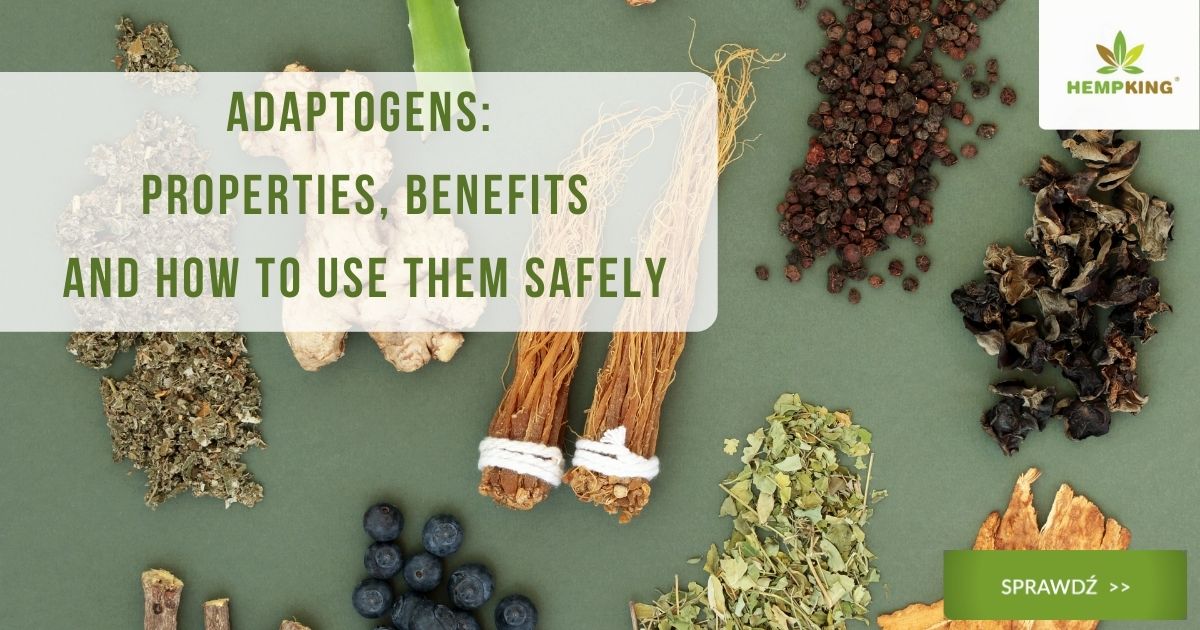

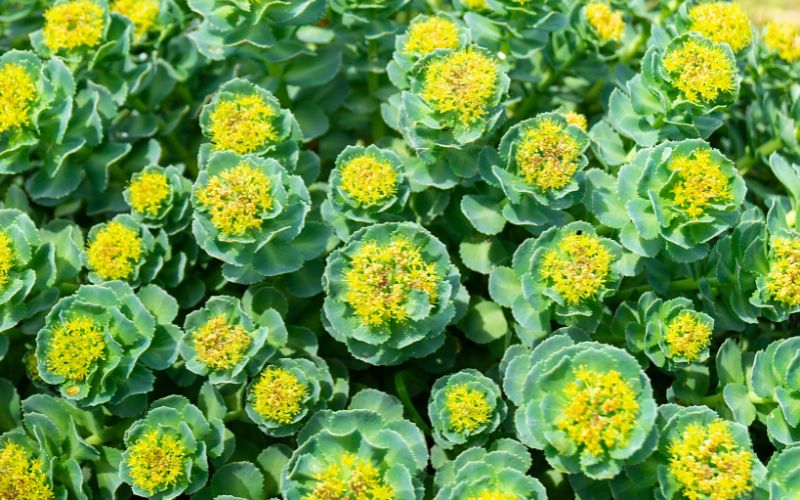
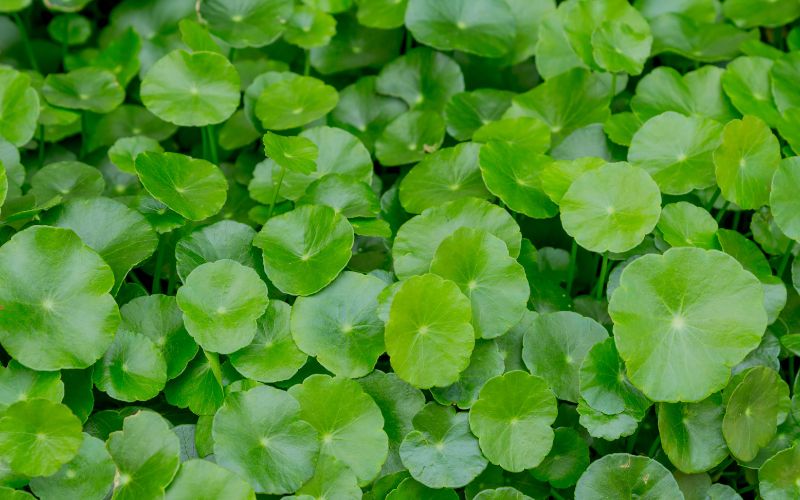



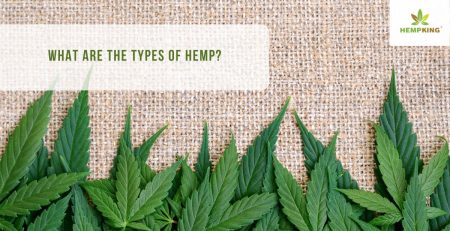



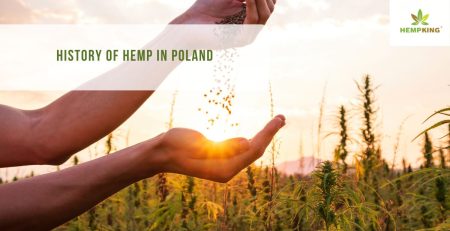
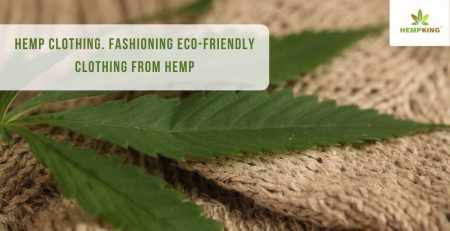

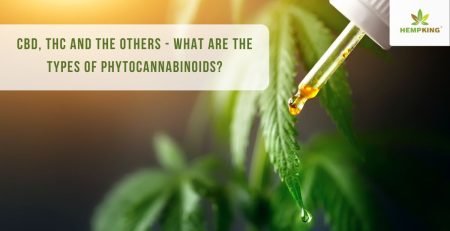
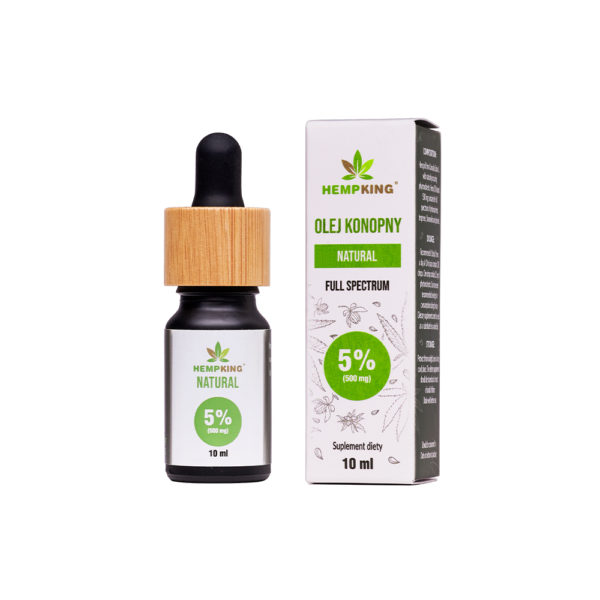
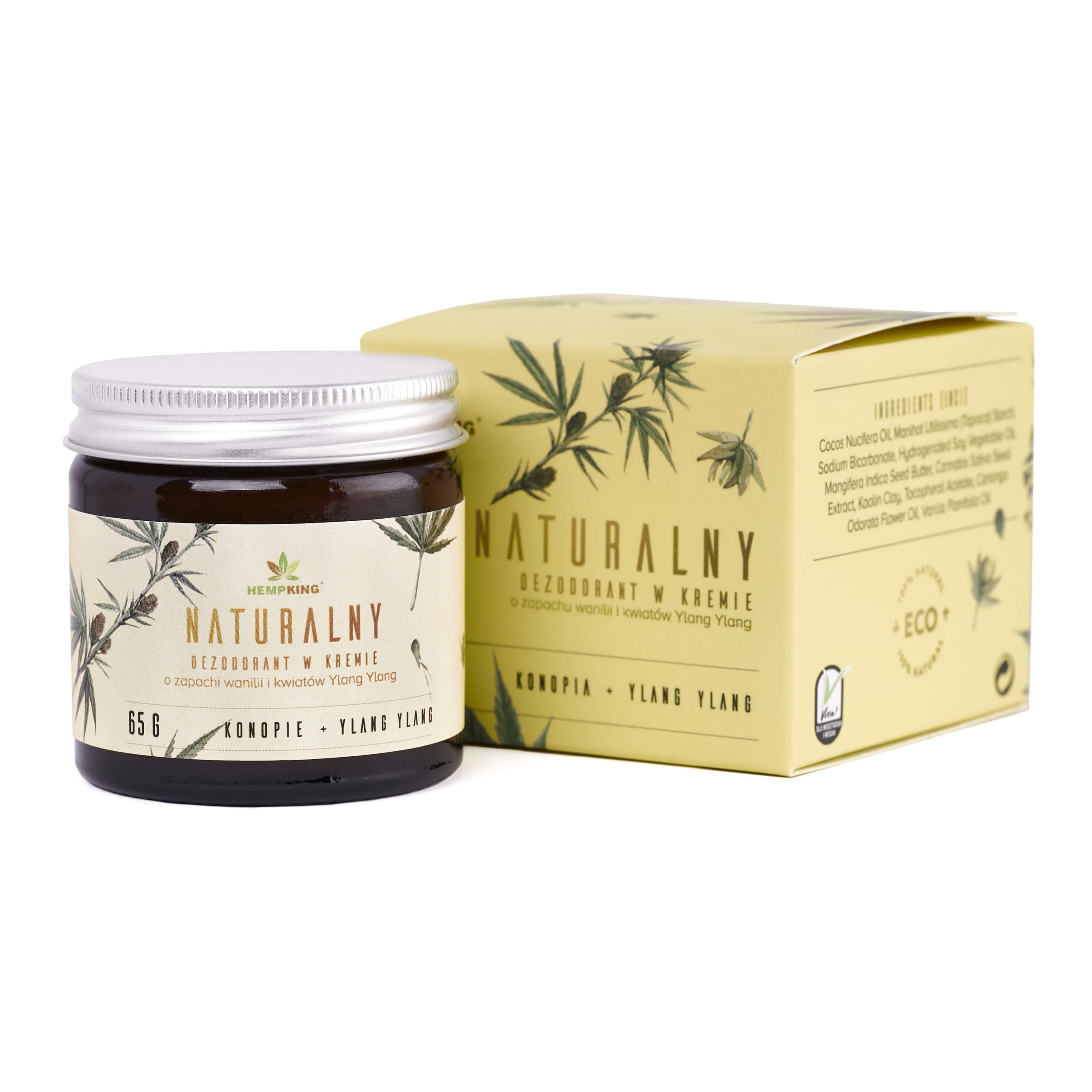
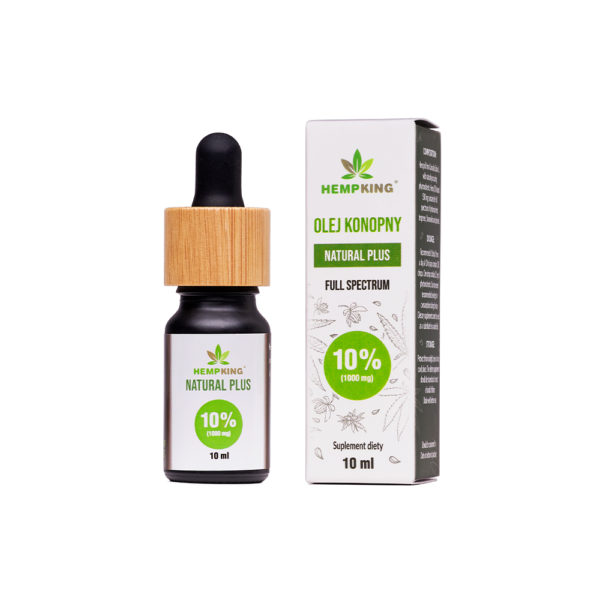
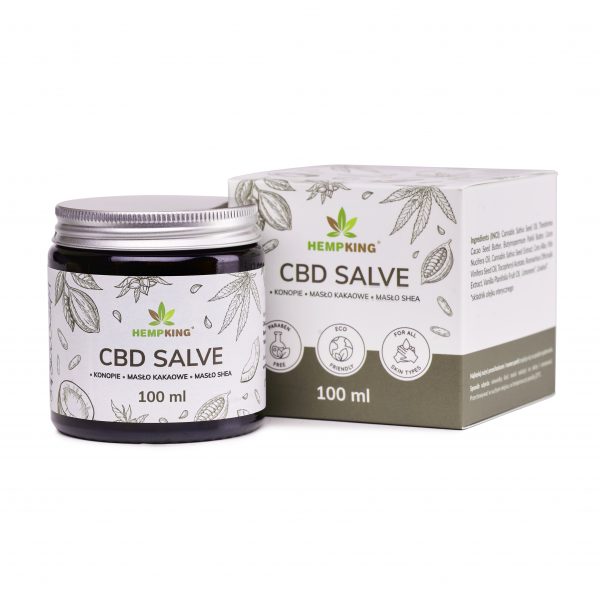
 Facebook
Facebook Instagram
Instagram

Leave a Reply